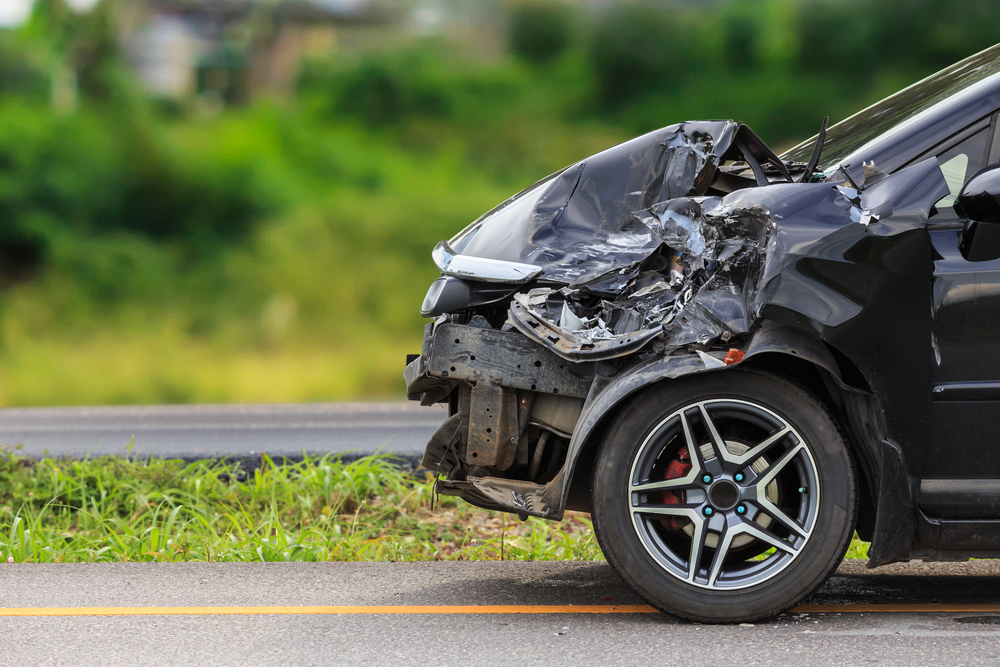
Table of Contents
The state of Florida has specific laws and regulations in place to address drunk driving, also known as driving under the influence (DUI) of alcohol or drugs. Sadly, not everyone follows these very important rules. The National Highway and Safety Administration’s annual Traffic Safety Fact stated that 1 out of every 135 people will be arrested for driving under the influence each year. If you’ve been hit by a drunk driver, an Miami Accident Lawyer can fight for you to get the financial compensation you deserve.
Drunk Driving Laws in Florida
In Florida, the legal limit for blood alcohol concentration (BAC) while operating a motor vehicle is. Blood Alcohol Concentration (BAC) limits are as follows:
- 0.08%: For drivers aged 21 and older
- 0.02%: For drivers under the age of 21
- 0.00%: For commercial drivers while operating a commercial vehicle
Why Is Driving Drunk so Dangerous?
Drunk driving is extremely dangerous due to its negative impact on a driver’s abilities, which significantly increases the risk of accidents, injuries, and fatalities. A key reasons include:
- Impaired Judgment and Decision-Making: Alcohol impairs a person’s ability to make sound judgments and decisions. This can lead to risky behaviors on the road, such as speeding, aggressive driving, and failing to yield the right of way.
- Reduced Coordination and Motor Skills: Alcohol affects fine motor skills and hand-eye coordination. This impairment makes it difficult for drivers to control the vehicle, steer accurately, and respond quickly to unexpected situations.
- Slower Reaction Times: Alcohol slows down the brain’s processing speed and response times. When faced with a sudden hazard or the need to brake or swerve, an impaired driver’s delayed reactions can lead to collisions.
- Decreased Concentration and Attention: Alcohol diminishes a driver’s ability to focus on the road and surrounding conditions. Drunk drivers may become easily distracted or fail to notice important traffic signs, signals, or pedestrians.
- Distorted Perception of Speed and Distance: Intoxication can alter a driver’s perception of their speed and the distance between vehicles. This misperception can lead to unsafe following distances and misjudgment of overtaking maneuvers.
- Risk of Falling Asleep: Excessive alcohol consumption can cause drowsiness and even lead to drivers falling asleep at the wheel. This is especially dangerous on highways and at high speeds.
- Loss of Inhibition: Alcohol can reduce inhibitions and lead to aggressive or reckless driving behaviors. This might include tailgating, excessive speeding, and weaving between lanes.
- Impaired Vision and Night Driving: Alcohol can affect vision, including visual acuity and peripheral vision. Driving at night becomes even riskier due to decreased visibility and difficulty seeing pedestrians, cyclists, and other vehicles.
The Increased Likelihood of Drunk Driving Accidents
Due to all of the factors mentioned above, the likelihood of accidents occurring when driving drunk is significantly higher. Crashes involving drunk drivers are more likely to be severe and result in injuries or fatalities.

The Penalties for DUI in Florida
The penalties for a DUI conviction in Florida can vary depending on factors such as the driver’s BAC, any prior DUI convictions, and the presence of aggravating circumstances. That being said, penalties may include:
First DUI Offense
- Fine: $500 to $1,000 (Higher if BAC is 0.15% or higher or if a minor is in the vehicle).
- Jail Time: Up to 6 months (Higher if BAC is 0.15% or higher or if a minor is in the vehicle).
- License Suspension: 180 days to 1 year.
- Probation: Up to 1 year.
- DUI School: Mandatory completion of a DUI school program.
Second Offense (Within 5 Years of First Offense)
- Fine: $1,000 to $2,000 (Higher if BAC is 0.15% or higher or if a minor is in the vehicle).
- Jail Time: Minimum of 10 days (Higher if BAC is 0.15% or higher or if a minor is in the vehicle).
- License Suspension: 5 years (Can be eligible for hardship reinstatement after 1 year).
- Ignition Interlock Device: Mandatory installation for at least 1 year upon reinstatement of driving privileges.
Third Offense (Within 10 Years of Second Offense)
This is considered a felony offense.
- Fine: $2,000 to $5,000 (Higher if BAC is 0.15% or higher or if a minor is in the vehicle).
- Jail Time: Minimum of 30 days (Higher if BAC is 0.15% or higher or if a minor is in the vehicle).
- License Suspension: 10 years (Can be eligible for hardship reinstatement after 2 years).
Additional Consequences for Drivers Convicted of a DUI:
In addition to legal penalties, a DUI conviction can lead to increased insurance rates, mandatory attendance at DUI education programs, community service, and potential vehicle impoundment or forfeiture.
Implied Consent Law:
Florida has an implied consent law, which means that by obtaining a driver’s license, drivers agree to submit to chemical testing (breath, blood, or urine) if arrested for suspected DUI. Refusal to take a breathalyzer test can result in automatic license suspension.
If you’ve been hit by a drunk driver, contact AccidentLawFirm.com right away.












